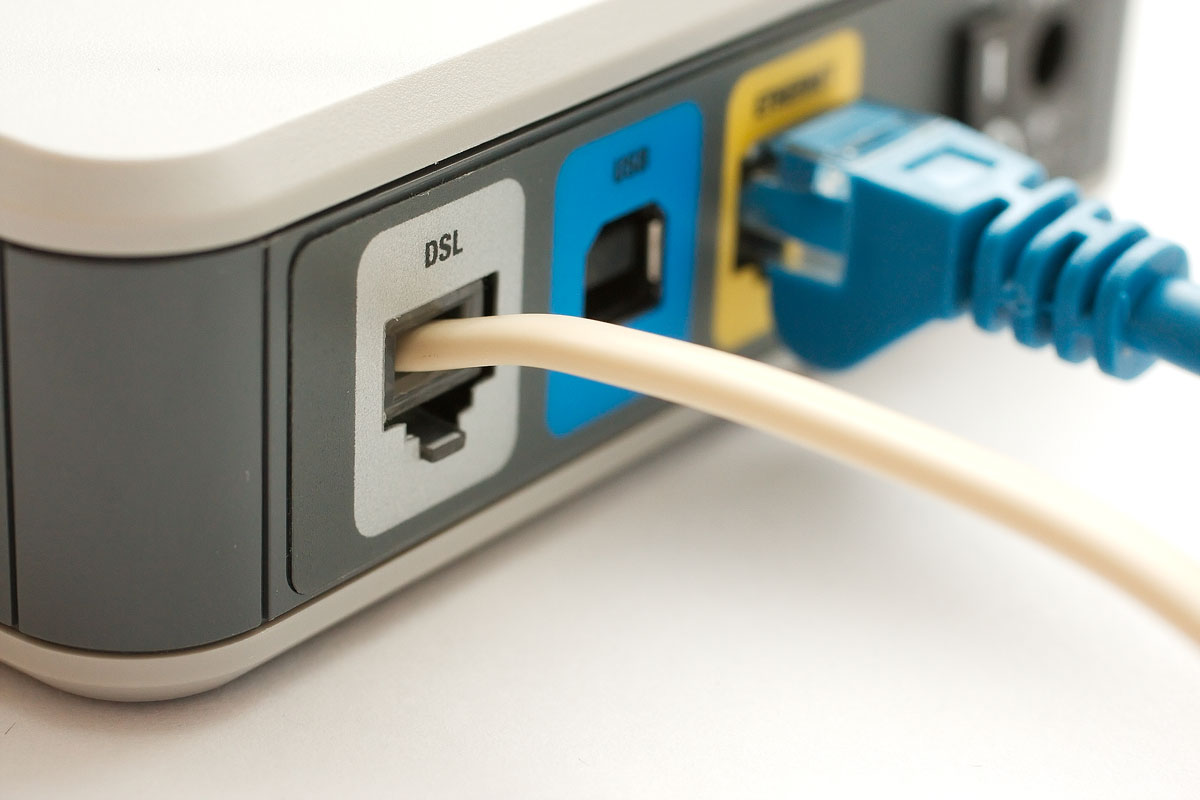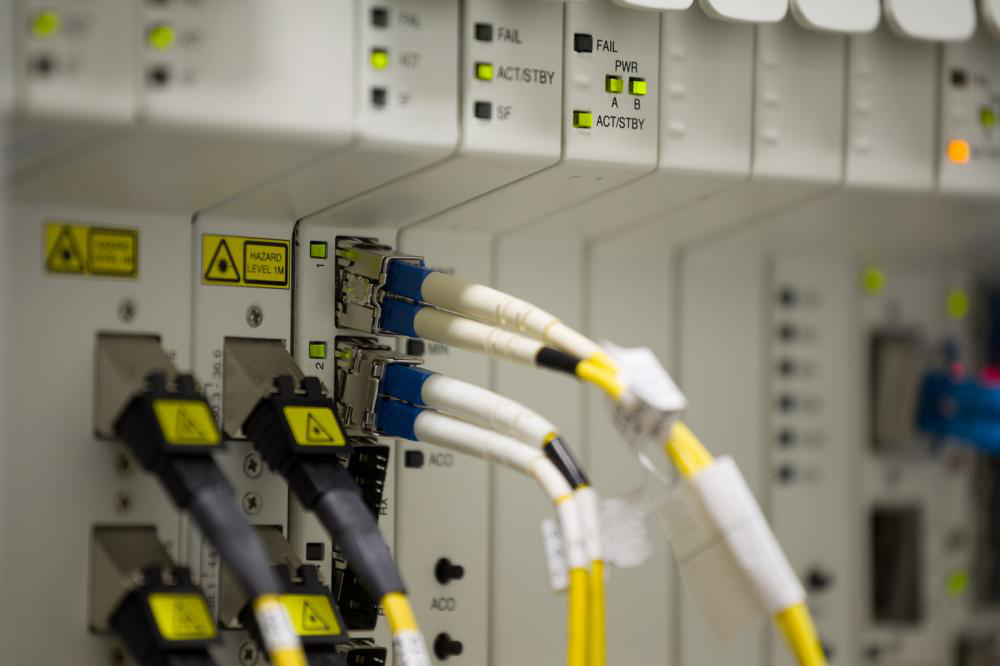After the Storm: Essential Guide to Staying Connected After Oklahoma's Devastating Tornadoes
Introduction: Navigating Connectivity Challenges in the Wake of Oklahoma’s Tornadoes
Oklahoma’s recent tornadoes have had a devastating impact on thousands of residents, bringing extensive damage to homes, infrastructure, and essential services, including internet connectivity. In the face of recovery, reliable communication becomes vital—for reaching loved ones, accessing emergency resources, and beginning to rebuild. This guide covers how Oklahoma’s internet providers are handling outages, the resources available for affected customers, practical tips for staying connected during disasters, and how to prepare for future emergencies.
How Tornadoes Impact Internet Connectivity and Infrastructure
Natural disasters like tornadoes can severely disrupt internet connectivity. The recent tornadoes in Oklahoma damaged or destroyed critical infrastructure, leading to widespread outages. Key factors affecting internet service in these situations include:
- Physical Damage to Infrastructure: Tornadoes bring high winds and debris, which can break or knock down cable lines, damage fiber optic networks, and topple cell towers.
- Power Outages: Internet providers rely on power to maintain connectivity. When power lines are down, it affects both landline and cellular internet services.
- Overloaded Networks: During disasters, networks often become congested as more people try to reach loved ones, check emergency alerts, and seek online support.
In response to these challenges, major providers like AT&T, Cox Communications, Verizon, T-Mobile, and local companies have deployed emergency crews, begun network restoration efforts, and established relief resources for affected residents.
How Providers Are Addressing Outages and Supporting Affected Customers
1. AT&T’s Crisis Response and Network Repairs
AT&T has established a crisis response team, prioritizing repairs to critical infrastructure. Their efforts include:
- Mobile Cell Sites: AT&T deployed mobile cell sites to boost network availability in high-impact areas where cell towers were damaged.
- Crisis Support Lines: AT&T has set up dedicated crisis support phone lines, providing real-time assistance to affected customers who need immediate support.
- Billing Relief: AT&T is waiving late fees, offering bill payment assistance, and providing flexible payment plans for impacted customers.
Contact: AT&T Outage Support | Call 1-800-288-2020
2. Cox Communications’ Emergency Updates and Relief Programs
Cox Communications has activated its emergency response protocol, which includes:
- Extended Customer Support Hours: Cox has extended support hours to handle an increased volume of calls from affected residents.
- Billing and Payment Assistance: For those in the tornado-affected areas, Cox is offering flexible billing options and payment deferrals.
- Community Support Efforts: Cox has partnered with local organizations to provide free WiFi hotspots in community centers for affected residents.
Contact: Cox Outage Support | Call 1-800-234-3993
3. Verizon’s Network Repair and Community Support
Verizon has also dispatched repair teams to help restore cellular and mobile broadband services:
- Free Data and Calling: In areas heavily impacted by the tornadoes, Verizon is providing free data and calling for a limited period to assist customers.
- Support for First Responders: Verizon has enhanced its services to ensure that emergency and rescue teams can maintain communication.
- Billing and Late Fee Waivers: Affected customers are eligible for late fee waivers and flexible payment plans.
Contact: Verizon Outage Support | Call 1-800-922-0204
4. T-Mobile’s Rapid Deployment of Portable Towers and Support
T-Mobile has been proactive in deploying portable cell towers to re-establish connectivity in hard-hit areas and is providing support through:
- Free Temporary Services: T-Mobile is offering free mobile hotspots and data to affected customers.
- Expanded Customer Care: T-Mobile has increased its customer care team’s capacity to assist Oklahoma residents affected by the tornado.
- Specialized Plans for Future Emergencies: T-Mobile is providing customers with resources to set up mobile hotspots as a backup in case of future disasters.
Contact: T-Mobile Outage Support | Call 1-800-937-8997
5. Local Internet Providers and Their Community Support Initiatives
Smaller, local internet providers are also assisting with recovery efforts:
- Localized Emergency Services: Local providers often work closely with city officials to access restricted areas for repairs.
- Specialized Billing Relief Programs: Many local companies are offering flexible billing and payment options unique to their customer base.
- Community WiFi Spots: Several local providers have set up free WiFi in public spaces and shelters for residents needing internet access.
Staying Connected During a Tornado: Essential Tips
1. Emergency Communication Tools
- Portable Chargers and Power Banks: These are critical for keeping phones charged if power is out. A high-capacity power bank can keep multiple devices running.
- Battery-Powered WiFi Hotspot: For internet access without power, battery-powered hotspots provide temporary WiFi connections.
- Download Essential Apps: Apps like FEMA, weather alerts, and your internet provider’s app can help you stay informed and report issues as needed.
2. Offline Emergency Resources
- Save Important Contacts: List emergency contacts, internet provider numbers, and family contacts on your phone for easy access.
- Offline Maps and Resources: Download offline maps and emergency guides if you need to evacuate or navigate in areas with limited connectivity.
3. Communication Tips During Power Outages
- Use Text Instead of Calls: Texts often go through faster than calls, especially when networks are busy.
- Access Provider Apps: Use provider apps like the AT&T, Cox, and Verizon apps to check outage updates or report issues without needing full internet access.
Preparing for Future Tornado Seasons: Essential Connectivity Tips
1. Sign Up for Emergency Alerts and Updates
Most providers offer emergency alert notifications. Sign up for these to stay informed about weather-related updates and service outages.
2. Invest in Backup Internet Solutions
Consider investing in a mobile WiFi hotspot with a backup provider. Having an alternative can be invaluable if your primary provider’s network is down.
3. Build an Emergency Storm Kit with Communication Essentials
Include connectivity items in your emergency kit:
- Portable chargers
- A battery-powered radio
- Printed copies of important contact numbers
Conclusion: Staying Connected During Oklahoma’s Recovery
Oklahoma’s recent tornadoes have brought immense challenges to residents and internet providers alike. But staying connected to loved ones and support services remains critical. Whether through emergency kits, portable hotspots, or support resources from providers like AT&T, Cox, Verizon, and T-Mobile, residents can take proactive steps to stay connected. Providers have extended their support to help ease the burden, from billing assistance to community WiFi spots, ensuring that connectivity is one less worry on the road to recovery.
If you need assistance or information about service restoration, reach out to your provider, monitor their updates, and prepare for future emergencies by setting up essential communication resources.
Check AT&T Outage Support | Check Cox Communications Outage Support | Check Verizon Outage Support | Check T-Mobile Outage Support





